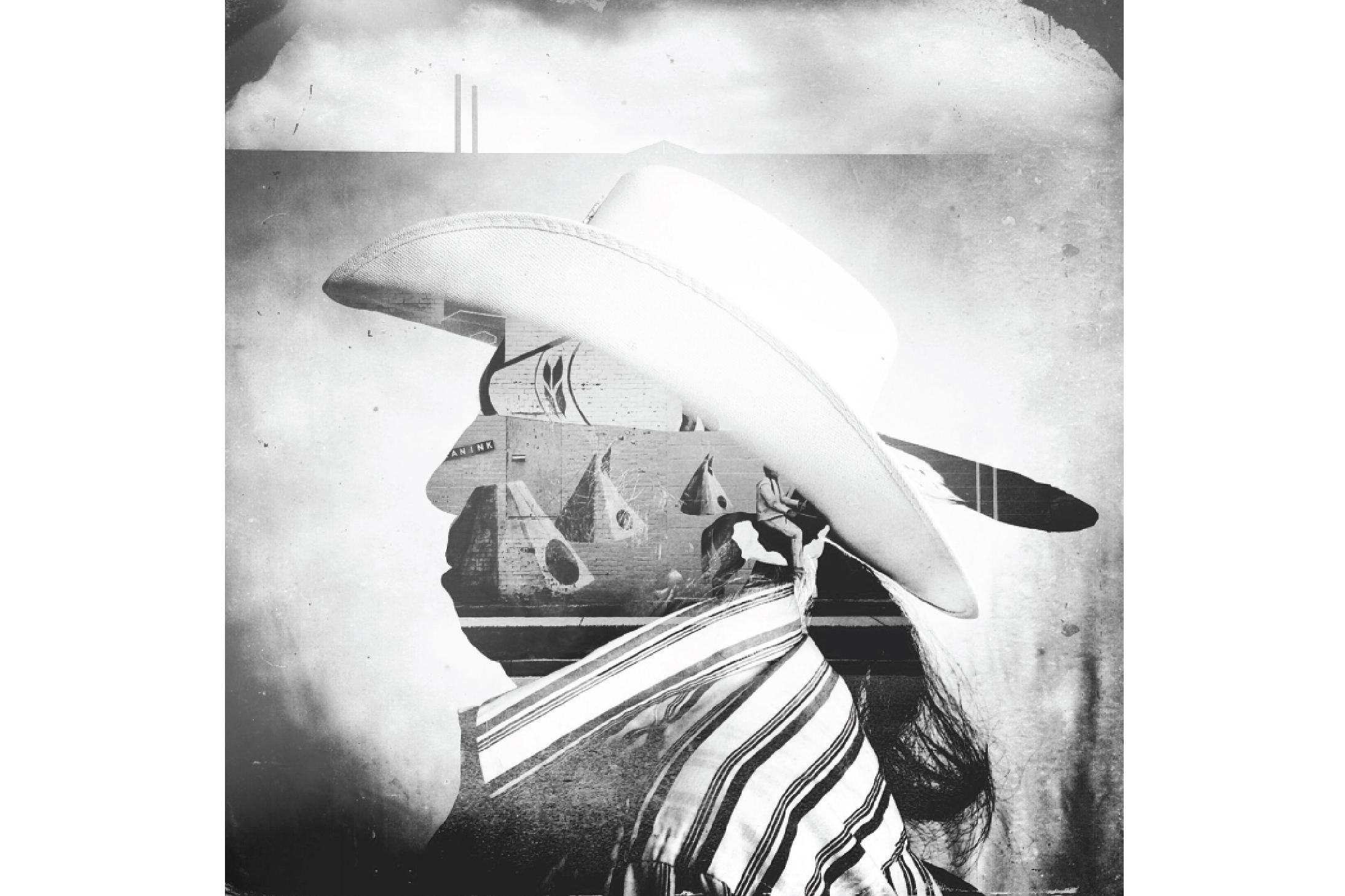
Award-winning photographer Daniella Zalcman speaks at National Geographic in Washington, DC, on Saturday, November 12, 2016, to kick off FotoWeek DC's Global Lens Logan FotoTalks. The focus of Zalcman's Pulitzer Center-supported double exposure photography project: the legacy of Canada's residential school system and the voices of those who survived.
Photographers Mustafah Abdelaziz, Joshua Cogan and Kevin Lamarque speak after Zalcman's talk. Cogan is a former Pulitzer Center grantee on the reporting project, "Hope: Living and Loving with HIV in Jamaica."
For more than a century, the Canadian government operated a network of Indian residential schools that were meant to assimilate young indigenous students into western Canadian culture. Indian agents would take children, as young as two or three years old, from their homes and send them to church-run boarding schools where they were punished for speaking their native languages or observing any indigenous traditions. They were sexually and physically assaulted routinely, and in some extreme instances, subjected to medical experimentation and sterilization.
The last residential school closed in 1996. The Canadian government issued its first formal apology in 2008.
Generations of Canada's First Nations forgot who they were. Languages died out, sacred ceremonies were criminalized and suppressed. These double exposure portraits explore the trauma of some of the 80,000 living survivors who remain. Through extensive accompanying interviews, they address the impact of intergenerational trauma and lateral violence, documenting the slow path toward healing.
Zalcman's double exposure photography from her Pulitzer Center-supported reporting project "Signs of Your Identity" and subsequent FotoEvidence Book are on exhibit during FotoWeek (November 12 - November 20) at FotoWeekCentral at National Geographic. The FotoWeekDC 2016 Opening Party is Friday, November 11.
FotoTalk with Daniella Zalcman - "Signs of Your Identity"
Saturday, November 12, 2016
12:00 - 1:00 pm
National Geographic
1145 17th Street NW
Washington, DC 20036


